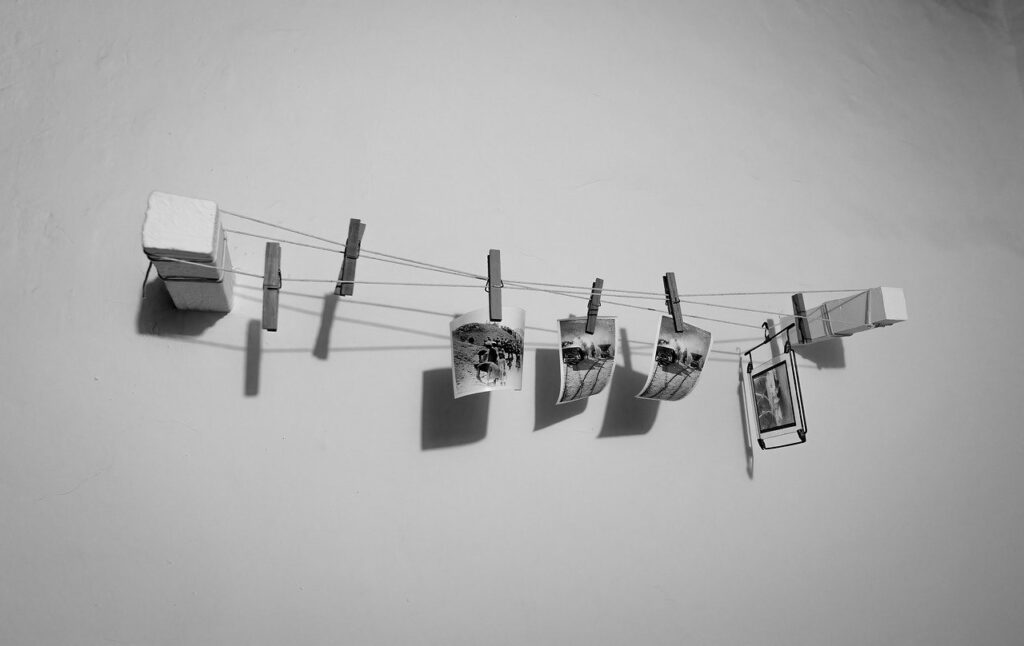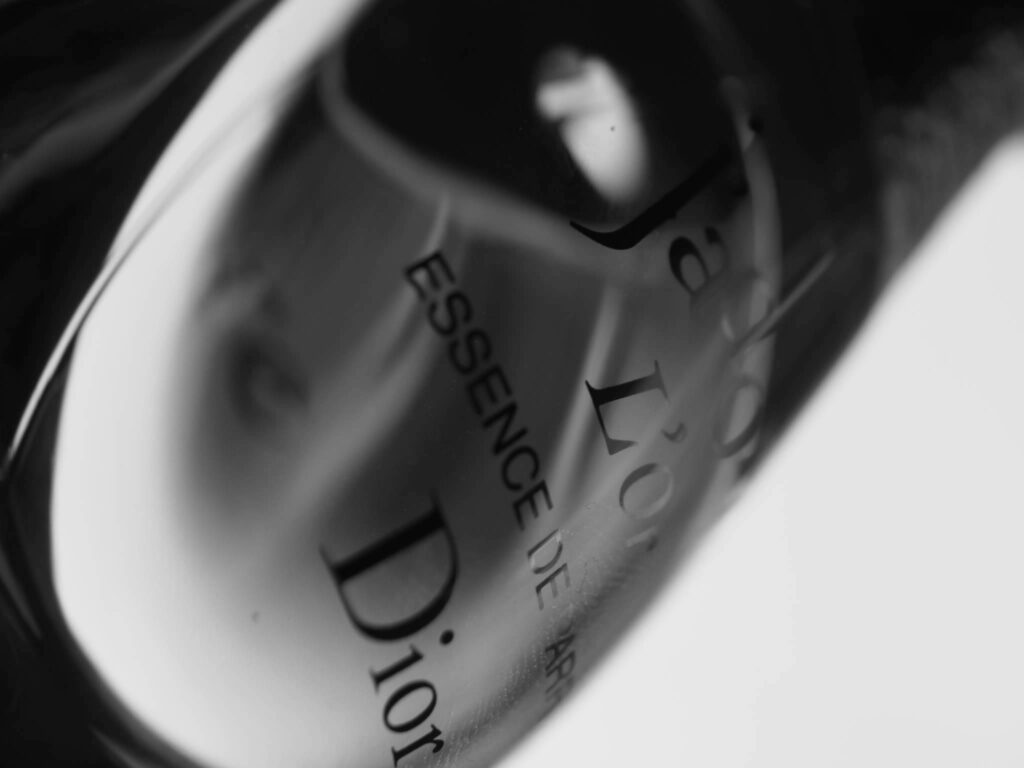FREE PUBLICITY: THE NEW MARKETING REALITY?
In today’s digital age, fragrance companies are increasingly relying on influencers to market their products—all hail free publicity. You might know the term barter, meaning that the product is exchanged for a certain service. Post, reel, review, publications etc.
This strategy has reshaped traditional advertising and created a symbiotic relationship where both brands and influencers seem to benefit, though in markedly different ways and to different extent. Let’s explore why this trend is on the rise, how it works, and what it means for both the fragrance industry and influencers and unforeseen negative impacts for other professionals.

Traditionally, fragrance companies spent millions on glossy magazine ads, billboards, and A-list celebrity endorsements. Dior with J. Depp playing his guitar by the bonfire wearing Sauvage in the desert, Calvin Klein utilising Idris Elba and his wife in the ad of Eternity, Dua Lipa advertising YSL’s Libre. All of these are very familiar to the eye of consumer. Within the designer launches these methods are still prevalent, they’ve become less effective in capturing younger, digital-native consumers who are more inclined to seek product reviews on social media platforms like Instagram, TikTok, and YouTube.
As a result, brands are turning to influencers—individuals with social followings that range from a few thousand to millions. These influencers may not have the star power of a celebrity like Brad Pitt or Charlize Theron, but they often have something more valuable: authenticity and direct access to niche audiences who trust their opinions.
What I have observed is that the key to the rise of influencer marketing lies in the economics of attention. Fragrance brands no longer need to shell out massive sums for marketing campaigns when a well-positioned Instagram post or YouTube review from the right influencer can generate significant interest that converts into cashflow. Many influencers, particularly micro-influencers (those with smaller but highly engaged followings), are happy to review products in exchange for free bottles of perfume or the prestige of being affiliated with a notable brand. Often these are people with above average photography/filming skills.
For the brands, the cost of sending a free product is marginal compared to traditional marketing budgets. If they have to choose to spend half a million in advertising on one person versus providing 100 000 free bottles to reviewing services like Influenster + reviewers, generating wave of buzz off- and online. All at the same cost. Latter model seems to reach younger audience in a much, much more efficient way.
Free marketing typically works through gifting. Fragrance companies will send influencers free products with the hope that they’ll feature the fragrance in their content—whether through an Instagram story, a TikTok video, or a blog post. These posts can range from first impressions to detailed fragrance breakdowns and even “unboxing” videos that build excitement around a new release.
Importantly, there is often no formal contract. By sending products to influencers who are passionate about fragrances or luxury goods, brands tap into an organic form of promotion. Disclosed or not, for influencers—especially those starting out—the prospect of being associated with a luxury fragrance company can help build credibility and boost their following in return.
Does that model stand in the niche fragrance world though? Latest developments show it working but it’s been relatively short time in action to see real consequences. Niche brands often struggle to expand. Not every perfumery owner is eager to add 20 new uprising brands into their portfolio. So they are very picky, as they should be. What often reads as a negative is whether brand has been using gifting model as their PR strategy. If answer is yes, fragrance shop owners are more reluctant to skip the brand entirely because every consecutive wave of sent out bottles and so called free publicity can potentially harm their business.
How? If influencer is providing feedback to their audience, selling the product for the brand in digital space, what happens offline is that after barter review, content creator is liquidating the product. Maybe it is not too much to their liking, or price of reselling it at half price is soo good that person makes a decision to compensate themselves for the time they spent making the post, editing time, engaging with the audience. Reasons are endless and we are not here to judge but to observe the effects.
Second hand marketplaces get flooded by fragrances being traded and sold at tremendous discounts to the people who would normally go and purchase the fragrance from the perfumery. Considering niche brands has respectively a niche (read relatively small) audience. Who wins in this scenario?
- Perfumeries see the off-grid resales of gifted products, make decision to not take the brand in their store.
- Brand keeps struggling with store placements.
- Influencers don’t get compensated for their work, which leads to more dump sales.
Not even taking into account that this model is a way in for shark content creators making a living out of reaching out to hundreds of companies in order to obtain sellables, with the mere intention to sell and not present product in a way company would expect. As a result everyone is suspicious about something and community and sales go sour.
I’ve learned early on in my journey nothing in life is truly for free. People have expectations, companies as well. If you don’t communicate and set ground rules, you’ll be used, no matter what end of the stick you hold. I personally made a decision to write about things I love, at my own pace, in my own language. It didn’t come easy and yes, everyone goes through the phase to do their best when freebies door opens to you for the first time as content creator.
But being mom and responsible for my household, I learned rather quickly I will not be saying yes to brands often. To this day over half of PR requests remain just that, requests. Some I don’t even bother to respond to. Content creation takes time, and this is something brands don’t understand the real value of. Having low to none budgets for marketing, with free publicity they just hope you will be the one to fall in their “do it for me for free” trap.
One other impact that I’ve seen has touched the profession very dear to me. Few years back photographers got paid by people inside and outside beauty industry and were able to provide for their families. Now many struggle with the last part. It is only not free publicity, but also free materials that are being repurposed by the brands to fill their own feeds with it at no cost. Often with no approval of content creator. For many semi-decent content creators it is irrelevant, but for professional photographers this impact is devastating.
Am I asking for a change in gifting model? Would it ever change? I don’t have an answer for you now. All I know is that it breaks more than it brings, in the state it is at the moment. Personally I believe less and less in free publicity as a way forward.







